Retired Saudi teacher sentenced to death over online posts critical of Al Saud
A Saudi court has sentenced a retired teacher to death for online posts critical of the ruling family made from an anonymous account with nine followers, according to his brother.
Saeed al-Ghamdi, a renowned UK-based religious scholar, announced in a post on X (formerly Twitter) on Tuesday that his brother Mohammed, 54, was also sentenced for defending detained Saudi scholars who are facing the death penalty.
“The Specialized Criminal Court in Riyadh, headed by Awad Al-Ahmari, sentenced my brother to death following 5 tweets criticizing corruption and violating human rights,” al-Ghamdi wrote.
He added that his brother was also sentenced for “defending detained Saudi scholars Awad al-Qarni, Salman al-Odeh, Ali al-Omari and Safar al-Hawali during interrogations.”
Qarni, Odeh and Omari have been imprisoned since 2017 and are all facing the death penalty.
“I appeal to everyone who has any ability to help free my brother's neck from the rule of injustice and unfair rulings,” he wrote.
Al-Ghamdi who lives in self-imposed exile in London suggested that the death penalty for his brother was actually intended to spite him after the Saudi government failed to return him to the country.
The ruling against Mohammed al-Ghamdi was made on July 10, nearly a year after he was arrested outside his house in Mecca.
His tweets reportedly focused on unemployment, inflation and government mismanagement of resources, and called for the release of political prisoners.
The ruling is understood to be the first death sentence over social media posts after a string of extreme sentences over online activism.
Last August, a Leeds University doctoral student was sentenced to 34 years in prison, plus a 34-year travel ban, when she returned home to Saudi Arabia for the summer holidays.
Salma al-Shehab received the jail term over retweets in support of women’s right to drive and for calling for the release of activists, including Loujain al-Hathloul.
A week after Shehab’s sentencing, Nourah al-Qahtani, a mother of five, was sentenced to 45 years in prison for writing tweets critical of the government from two anonymous accounts.
Their cases were followed by that of dual Saudi-American citizen Saad Almadi, who was initially sentenced to 16 years over his tweets before it was increased to 19 years by an appeals court.
Even though he was released in March, a 16-year travel ban remains in effect.
University graduate Abdullah Jelan was also handed 10 years in prison, plus a 10-year travel ban, over anonymous tweets that largely focused on unemployment.
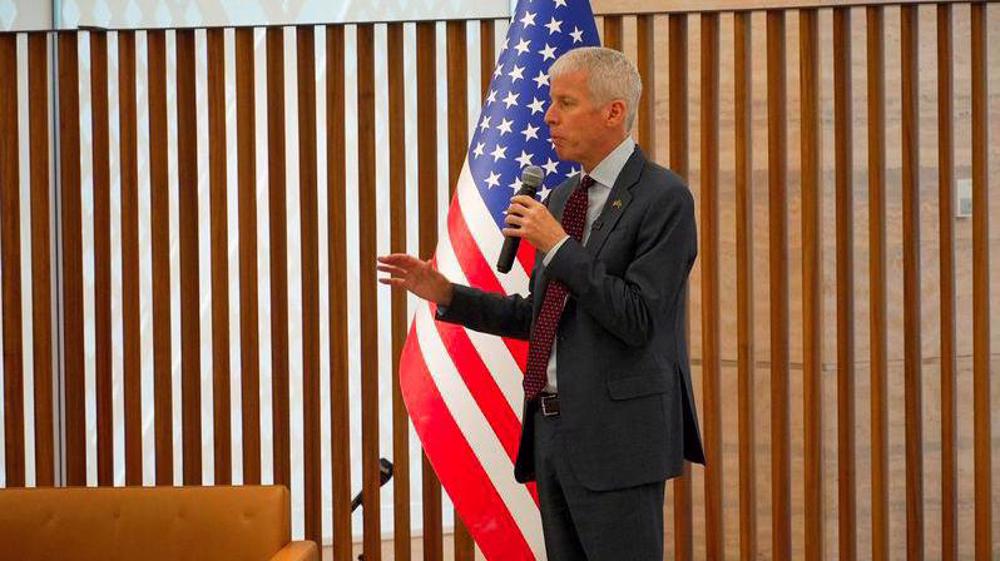
Saudi Arabia, US to sign agreement on civil nuclear program: Energy secretary

Saudi Arabia calls for 'maximum pressure' on Israel as UN warns of ‘longest Gaza blockade’
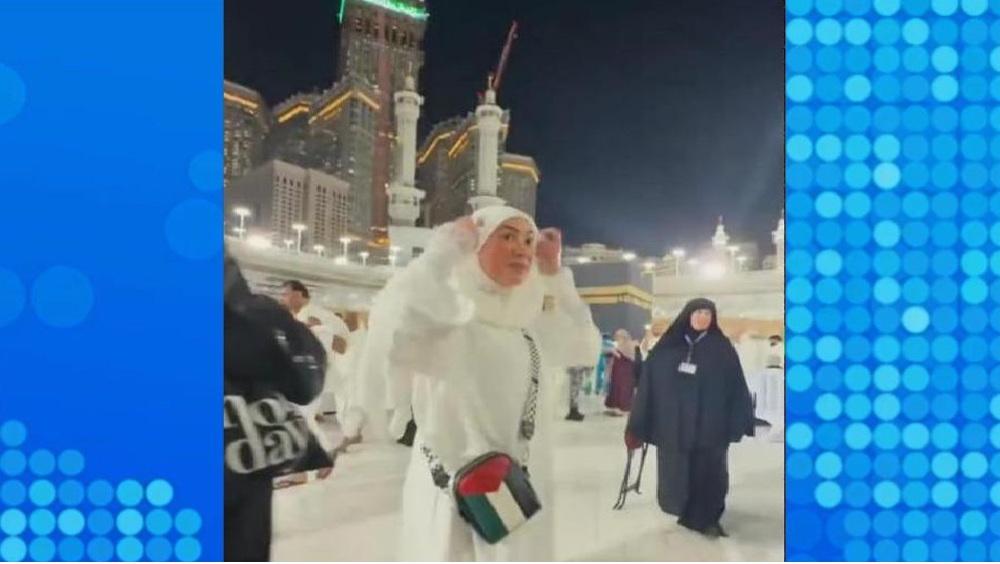
Saudi police ‘detain’ female pilgrim for displaying Palestinian flag in Mecca
Yemen asserts enhanced military readiness; takes US aircraft carriers under firepower
VIDEO | Iran seeks foreign investment to boost oil, gas sectors
Iran condemns terror attack in India's Kashmir region
After second Signalgate scandal, Democrats call for Hegseth’s resignation
Mahmoud Khalil missed son's birth after US officials denied temporary release
Iran’s annual inflation up 0.7% to 33.2% in April: SCI
Ayatollah Sistani offers condolences on passing of Pope, hails his role in promoting peace
Iran says expert-level talks with US postponed to Saturday








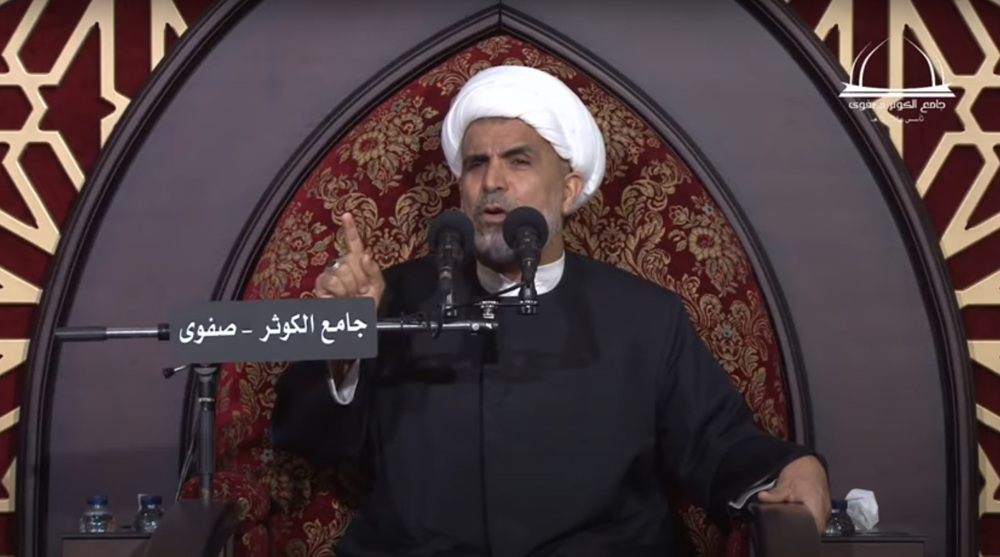
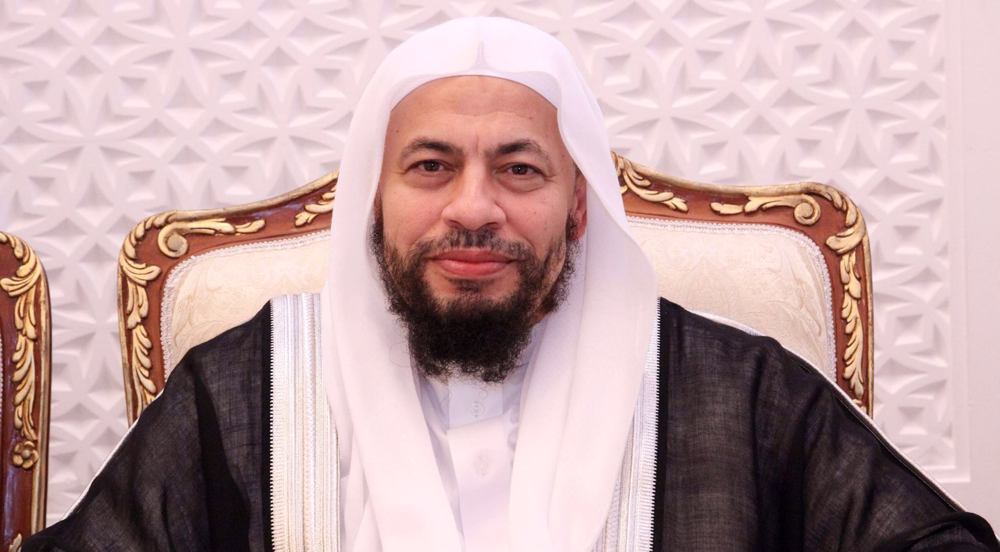
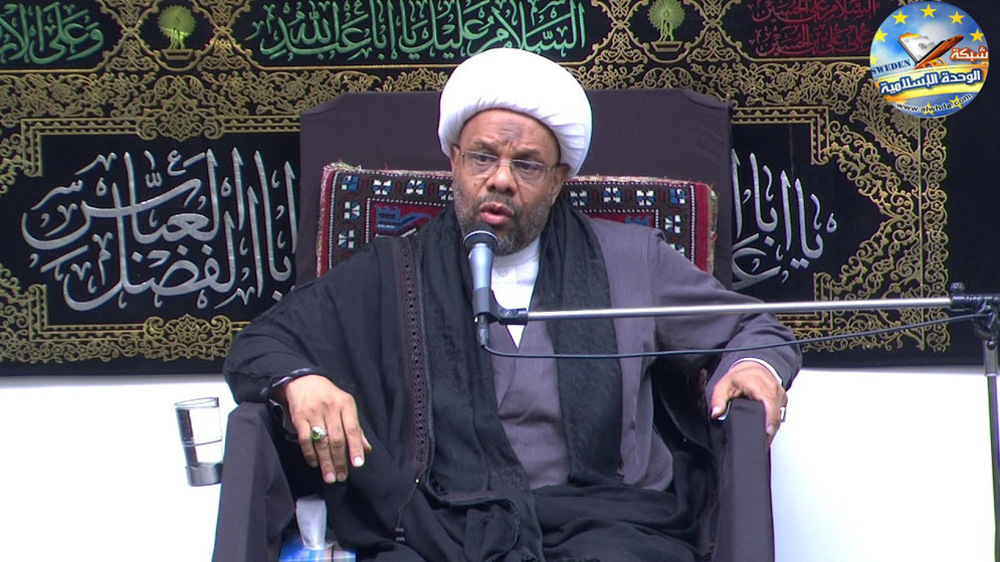

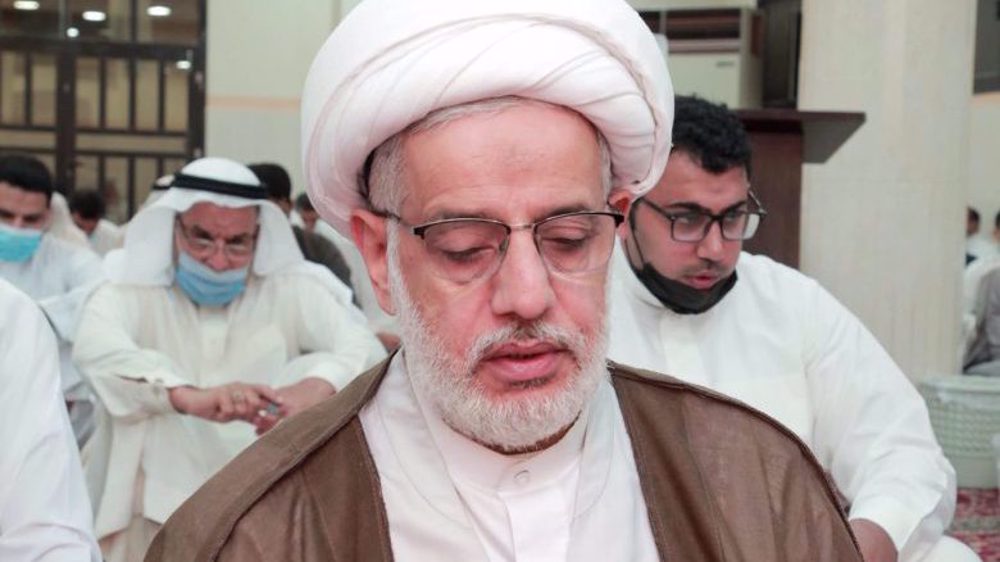

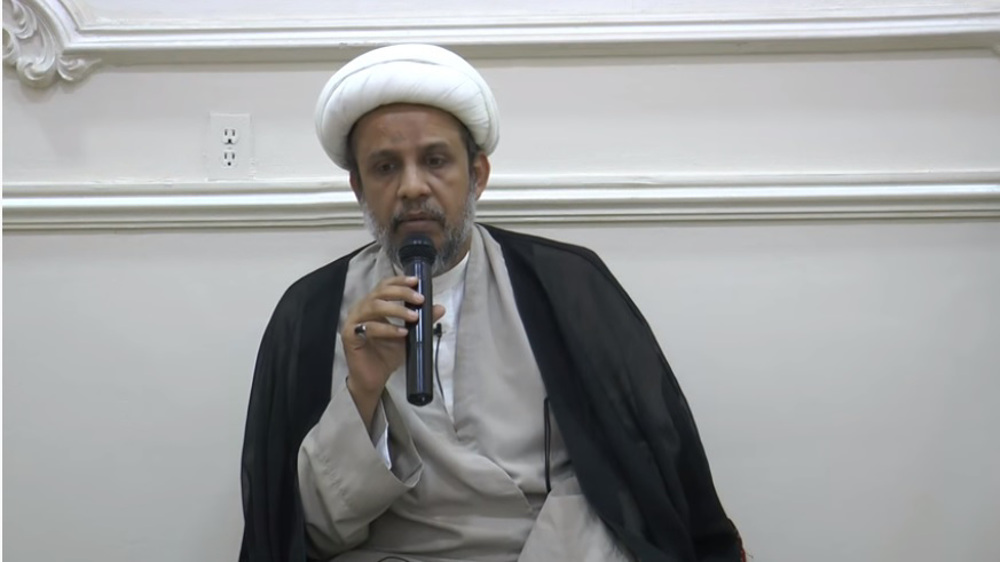

 This makes it easy to access the Press TV website
This makes it easy to access the Press TV website